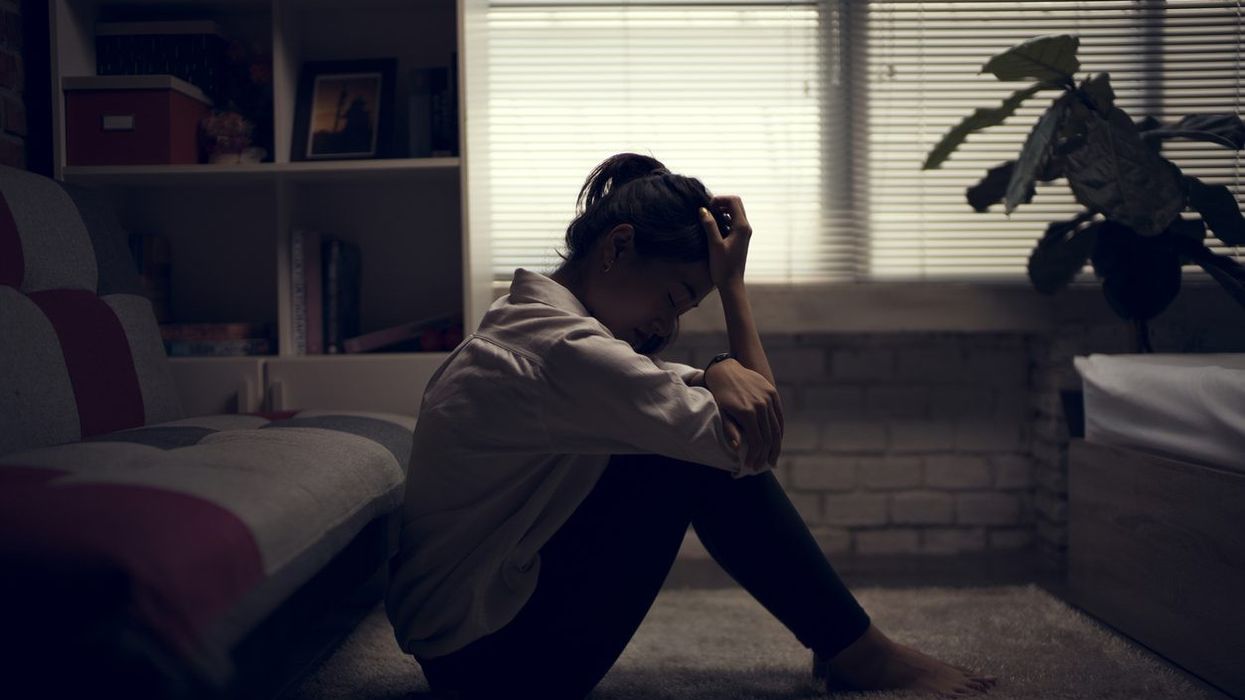PUBLISHED in the research of the 'Proceedings of the National Academy of Sciences' (PNAS) on June 13, a study explains age-related health inequalities, including the unequal toll of the pandemic on people, and identifies potential intervention points.
"As the world's population of older adults increases, understanding disparities in age-related health is essential. Age-related changes in the immune system play a critical role in declining health," said lead study author Eric Klopack, a postdoctoral scholar in the USC Leonard Davis School of Gerontology.
"This study helps clarify mechanisms involved in accelerated immune aging." As people age, the immune system naturally begins a dramatic downgrade, a condition called immunosenescence. With advanced age, a person's immune profile weakens, and includes too many worn-out white blood cells circulating and too few fresh, "naive" white blood cells ready to take on new invaders.
Immune aging is associated not only with cancer but with cardiovascular disease, increased risk of pneumonia, reduced efficacy of vaccines and organ system aging.
But what accounts for drastic health differences in same-age adults? USC researchers decided to see if they could tease out a connection between lifetime exposure to stress -- a known contributor to poor health -- and declining vigour in the immune system.
They queried and cross-referenced enormous data sets from University of Michigan's Health and Retirement Study, a national longitudinal study of the economic, health, marital, family status, and public and private support systems of older Americans.
To calculate exposure to various forms of social stress, the researchers analyzed responses from a national sample of 5,744 adults over the age of 50. They answered a questionnaire designed to assess respondents' experiences with social stress, including stressful life events, chronic stress, everyday discrimination and lifetime discrimination.
Blood samples from the participants were then analyzed through flow cytometry, a lab technique that counts and classifies blood cells as they pass one by one in a narrow stream in front of a laser.
As expected, people with higher stress scores had older-seeming immune profiles, with lower percentages of fresh disease fighters and higher percentages of worn-out white blood cells. The association between stressful life events and fewer ready-to-respond, or naive, T cells remained strong even after controlling for education, smoking, drinking, BMI and race or ethnicity.
Some sources of stress may be impossible to control, but the researchers say there may be a workaround.
T-cells -- a critical component of immunity -- mature in a gland called the thymus, which sits just in front of and above the heart. As people age, the tissue in their thymus shrinks and is replaced by fatty tissue, resulting in reduced production of immune cells. Past research suggests that this process is accelerated by lifestyle factors like poor diet and low exercise, which are both associated with social stress.
"In this study, after statistically controlling for poor diet and low exercise, the connection between stress and accelerated immune aging wasn't as strong," said Klopack. "What this means is people who experience more stress tend to have poorer diet and exercise habits, partly explaining why they have more accelerated immune aging."
Improving diet and exercise behaviours in older adults may help offset the immune aging associated with stress.
Additionally, cytomegalovirus (CMV) may be a target for intervention. CMV is a common, usually asymptomatic virus in humans and is known to have a strong effect on accelerating immune aging. Like shingles or cold sores, CMV is dormant most of the time but can flare up, especially when a person is experiencing high stress.
In this study, statistically controlling for CMV positivity also reduced the connection between stress and accelerated immune aging. Therefore, widespread CMV vaccination could be a relatively simple and potentially powerful intervention that could reduce the immune aging effects of stress, the researchers said.
(ANI)





